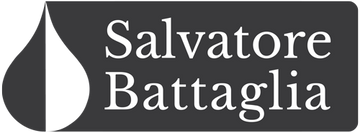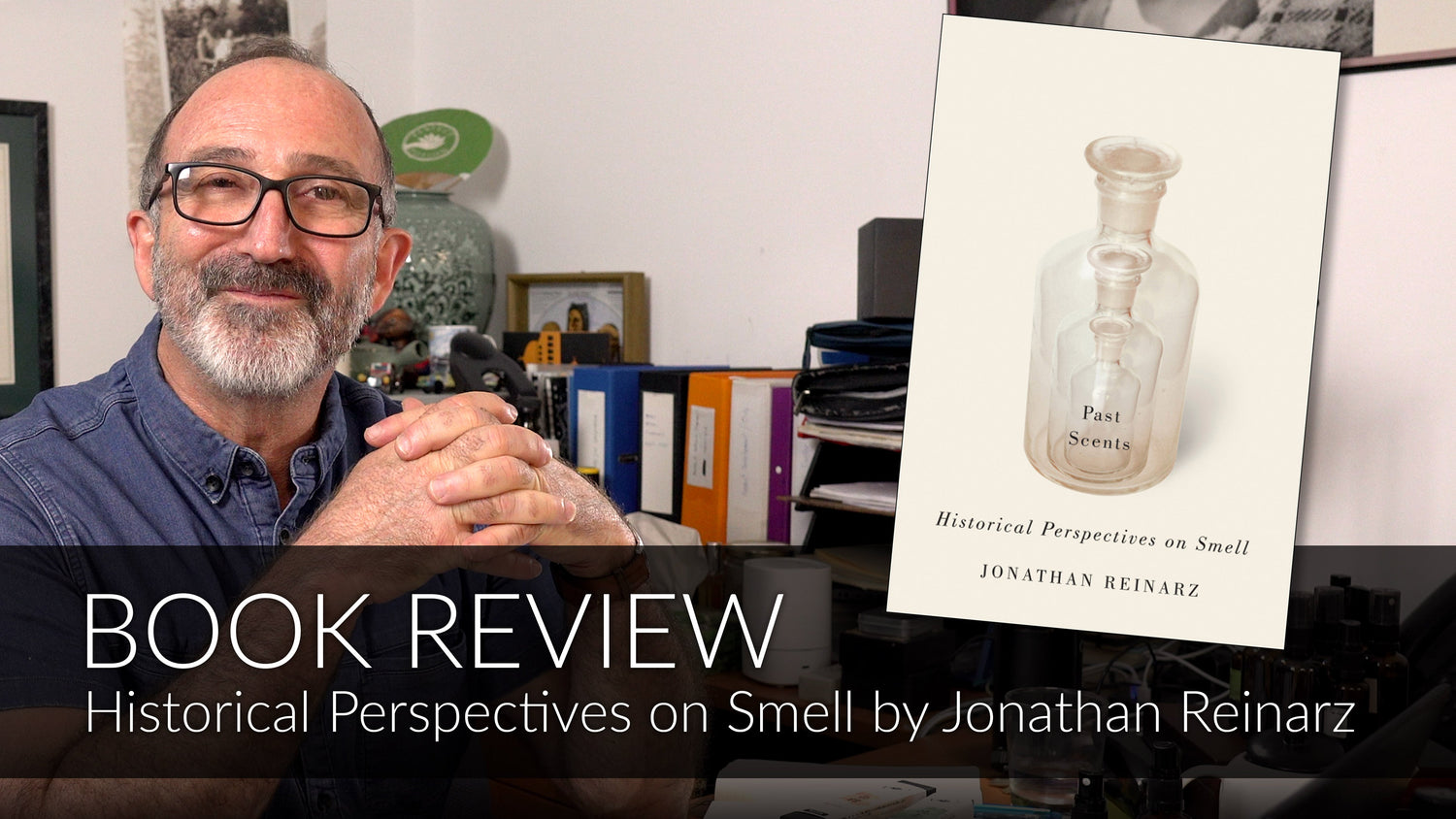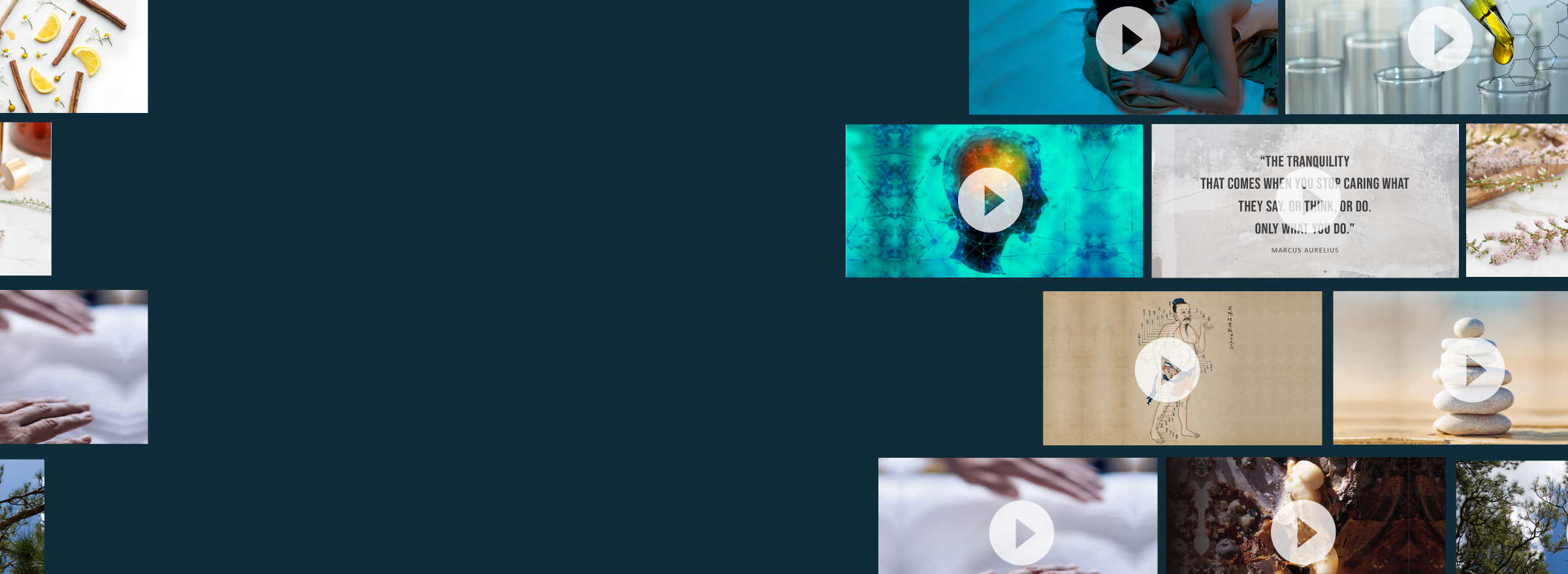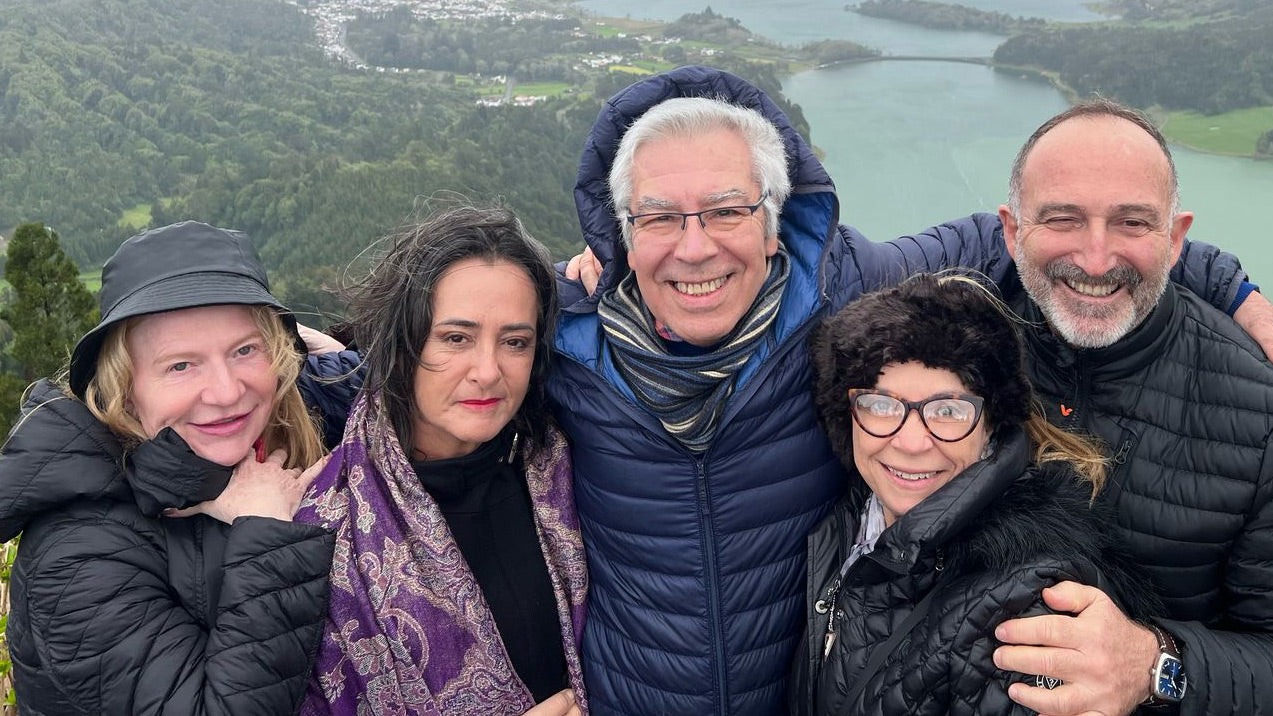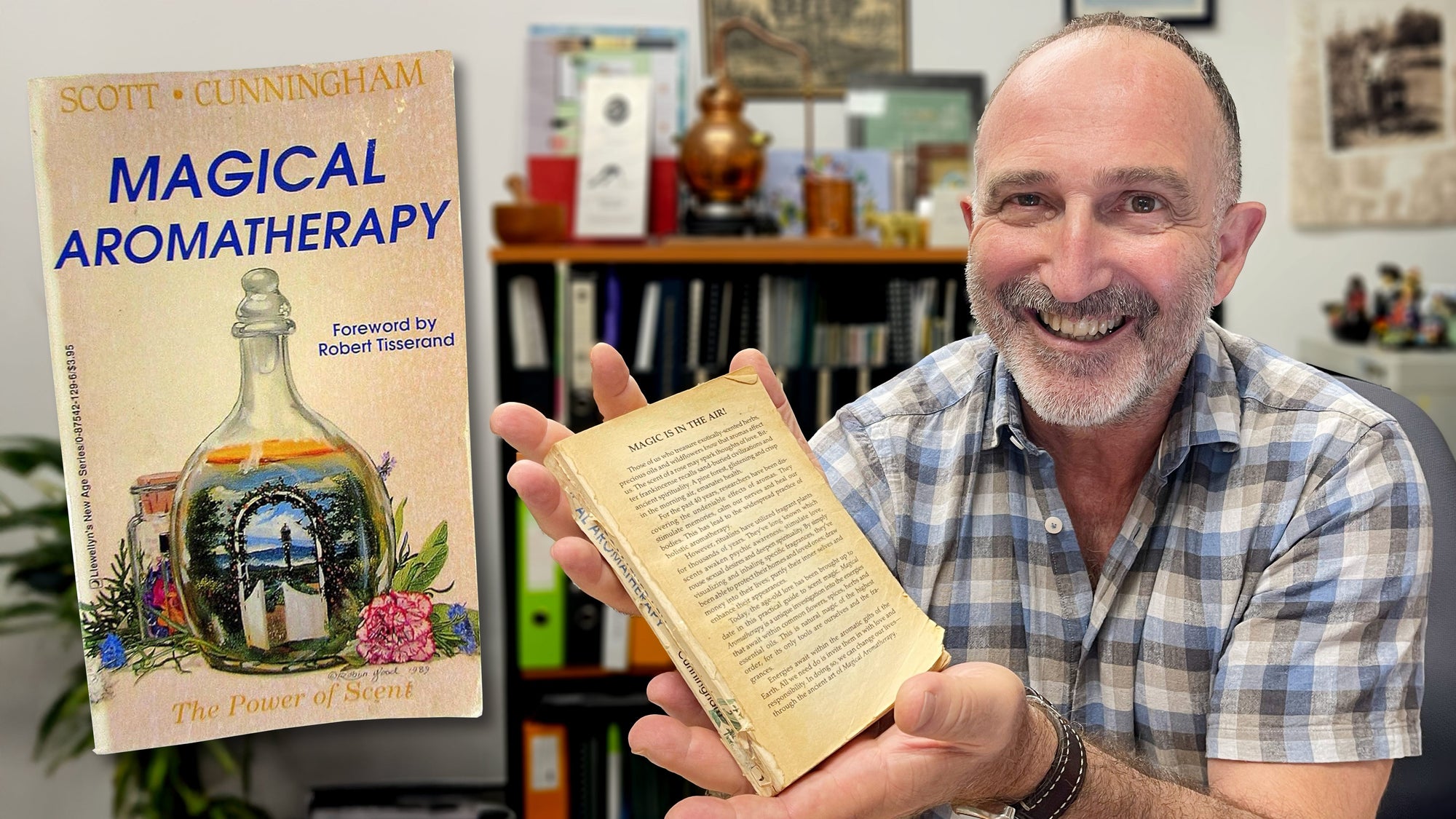In anticipation of my Natural Perfumery Masterclass launching this year, I'm delighted to share a few of the resources that have fuelled my own passion for natural perfumery. The masterclass itself will be a comprehensive exploration of the art and science of perfumery, empowering you to create truly stunning natural scents.
Understanding the relationship that humankind has had with scent helps us to understand the relationship we have with scent nowadays. The first book we explore is Past Scents: Historical Perspectives on Smell by Jonathan Reinarz. This became an instant favourite of mine as Reinarz provides one of the most detailed and fascinating insights into our relationship with smell and how it has changed over the millennia.
Past Scents: Historical Perspectives on Smell by Jonathan Reinarz
Reinarz's Past Scents offers a compelling and comprehensive exploration of the history of smell in Western culture, moving beyond simplistic notions of olfactory experience to examine the complex interplay between scent, society, and individual perception.
The book's strength lies in its meticulous research and its ability to weave together diverse strands of historical inquiry, including social history, medical history, cultural studies, and even literary analysis, to construct a rich tapestry of olfactory experience across several centuries.
Reinarz effectively argues that our experience of scent is not merely a biological response but is deeply shaped by cultural norms, social hierarchies, and historical context. He illustrates this point through numerous examples, from the changing perceptions of specific scents used in spiritual practices to the evolving relationship between fragrance and hygiene. This historical perspective is crucial for students of natural perfumery, as it encourage you to consider the cultural baggage that often accompanies specific scents and how we can move beyond purely subjective interpretations.
Furthermore, Reinarz's work highlights the significant role of smell in shaping social interactions and power dynamics. He examines how scent has been used to demarcate social class, reinforce gender roles, and even construct notions of national identity. By understanding these historical connections, perfumers can gain a deeper appreciation for the social and cultural implications of their craft. The book encourages a critical engagement with the use of scent, prompting reflection on how traditional perfumery practices might perpetuate or challenge existing social structures.
While the book primarily focuses on Western olfactory history, its insights are relevant to a broader understanding of scent. The methodological approach employed by Reinarz – combining archival research with theoretical frameworks – can be applied to the study of scent in other cultures and time periods. This makes Past Scents a valuable resource for students interested in exploring the global history of perfume and the cultural significance of scent.
In conclusion, Past Scents is not simply a historical account of smells; it is a profound exploration of how we make sense of the world through our noses. For students of natural perfumery, it offers a crucial framework for understanding the cultural and historical dimensions of scent, encouraging a more nuanced and informed approach to their craft. It provides a valuable foundation for understanding how our relationship with smell has evolved and how this understanding informs our current interactions with scent, a point you rightly emphasize. I highly recommend this book as a foundational text for the Natural Perfumery Masterclass.
